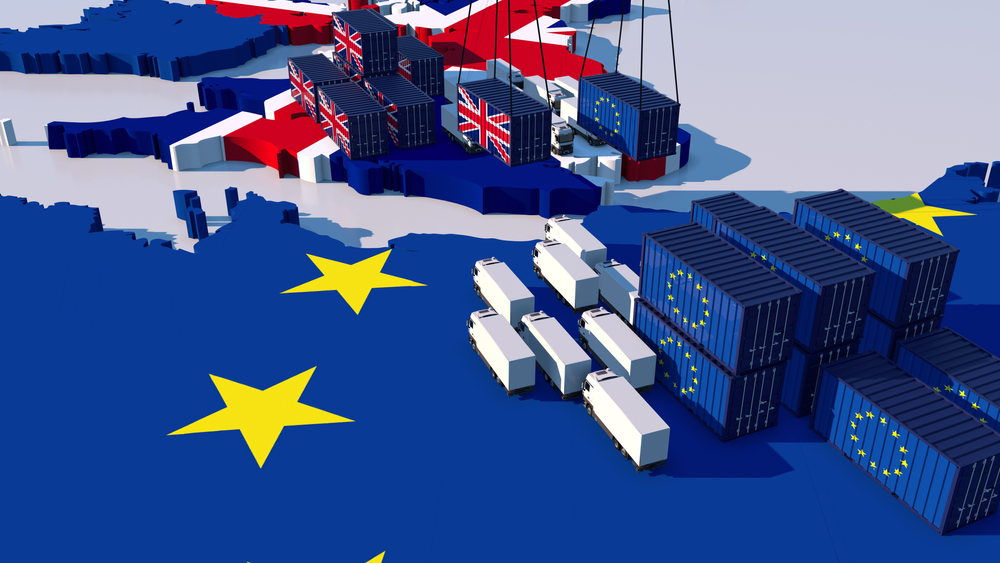In February, a new agreement was reached between the EU and the UK on the Northern Ireland Protocol and the 2020 Customs and Trade Arrangement to avoid any hard border between Ulster (GB) and the Republic of Ireland (EU) after Brexit.
The Agreement, named the “Windsor Framework Agreement,” aims at fixing some of the issues emerged after Brexit with the current version of the Northern Ireland Protocol.
The Agreement focuses on three main points:
- Firstly, the new rules will promote smoother trade between the two areas: there will no longer be customs inspections, barriers, and paperwork hiccups for those goods, including food and plants, moving from Great Britain to Northern Ireland. They will all transit through a special “green lane.” Goods moving from Great Britain to Northern Ireland but directed to the EU will instead go through a “red lane” to guarantee the integrity of the EU single market. Furthermore, VAT and excise rates will begin to apply UK-wide.
- The second main point deals with the supply of food products and medicines to Northern Ireland. After Brexit, the flow of goods from Great Britain to Northern Ireland has been disrupted due to the application of EU customs and agri-food rules in Northern Ireland. Various British products ended up being banned (e.g., seed potatoes, sausages, British trees, etc.). Even worse with drugs. The original Protocol applied all EU rules and requirements for medicines, even if medicine supply is an essential state function. This meant that for newly introduced medicines, including innovative cancer drugs, the European Medicines Agency (EMA) approved medicines for the NI market. As reported in an official document presented by the UK Prime Minister to the Parliament in February 2023, “there have been threats to the full availability of essential medicines”. Under the new framework, both existing and future drugs, when approved by the UK’s Medicines and Healthcare products Regulatory Agency (MHRA), will be regularly available in Northern Ireland.
- The third main point concerns the people’s sovereignty in Northern Ireland. Under the current framework, Northern Ireland, despite belonging to the United Kingdom, is still subject to EU regulationsin many areas. With the reshaping of the Northern Ireland Protocol, the range of EU rules applying to NI will be dramatically reduced to less than 3% (a calculation made by the EU), with the scraping of over 1,700 pages of EU law. Moreover, the UK government will hold a veto power with respect to the application of new EU rules in Northern Ireland – which will apply, in any case, only if they command democratic consent in Northern Ireland.
Both the UK Government and the European Union aim at completing the deal before April, when the 25th anniversary of the Belfast (Good Friday) agreement will occur.

